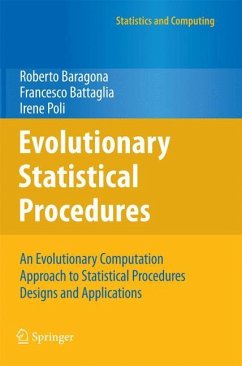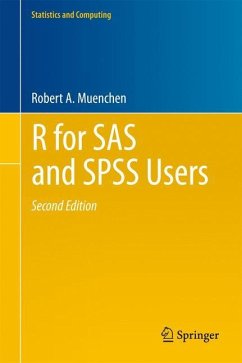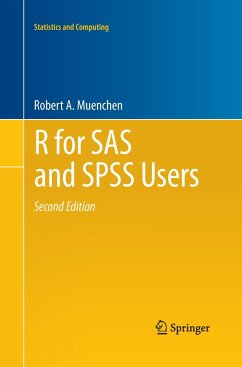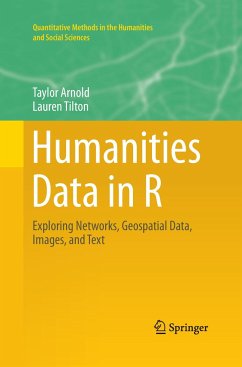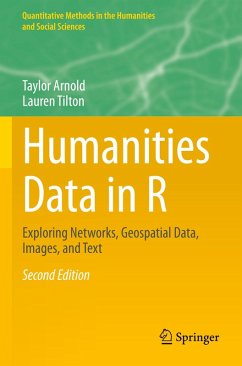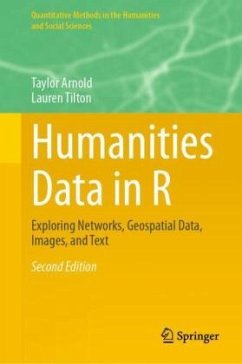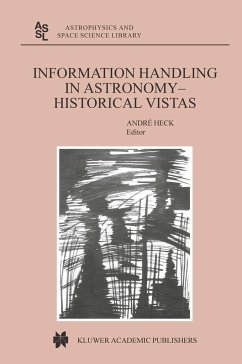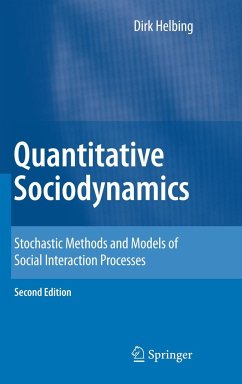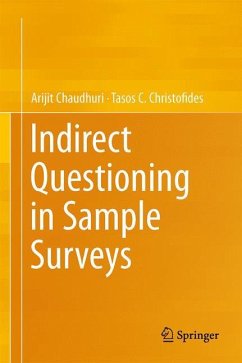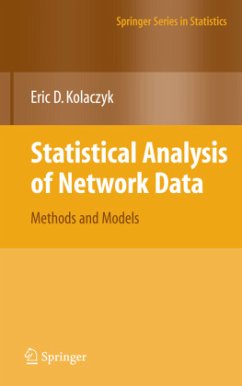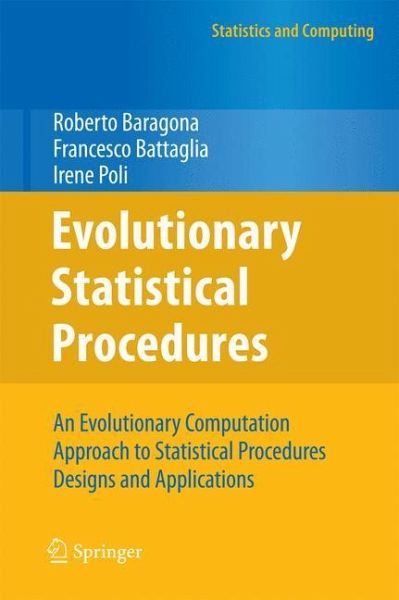
Evolutionary Statistical Procedures
An Evolutionary Computation Approach to Statistical Procedures Designs and Applications
Versandkostenfrei!
Versandfertig in 6-10 Tagen
76,99 €
inkl. MwSt.
Weitere Ausgaben:

PAYBACK Punkte
38 °P sammeln!
The proposed text offers a solid introduction to evolutionary computation for use in applied statistics research. The authors draw from a vast base of knowledge about the current literature in both the design of evolutionary algorithms and statistical techniques. Modern statistical research is in the process of solving increasingly complex problems in high dimensions and its methodology is now being generalized to parameters whose estimators do not follow mathematically simple distributions. Many of these challenges involve optimizing functions for which analytic solutions are not feasible. Ev...
The proposed text offers a solid introduction to evolutionary computation for use in applied statistics research. The authors draw from a vast base of knowledge about the current literature in both the design of evolutionary algorithms and statistical techniques. Modern statistical research is in the process of solving increasingly complex problems in high dimensions and its methodology is now being generalized to parameters whose estimators do not follow mathematically simple distributions. Many of these challenges involve optimizing functions for which analytic solutions are not feasible. Evolutionary algorithms present a powerful and easily understood means of approximating the optimum value in a variety of settings. The proposed text seeks to guide readers through the crucial issues of optimization problems in statistical settings and the implementation of tailored methods (including both stand-alone evolutionary algorithms and hybrid methods).





